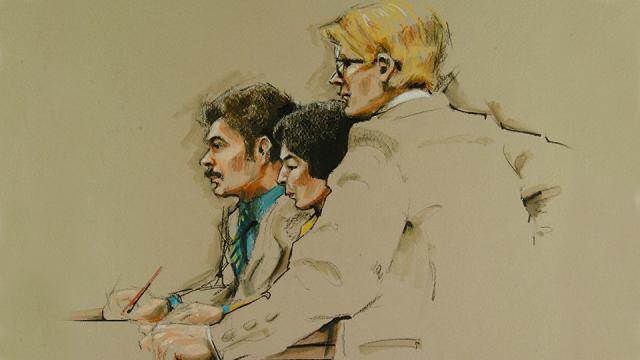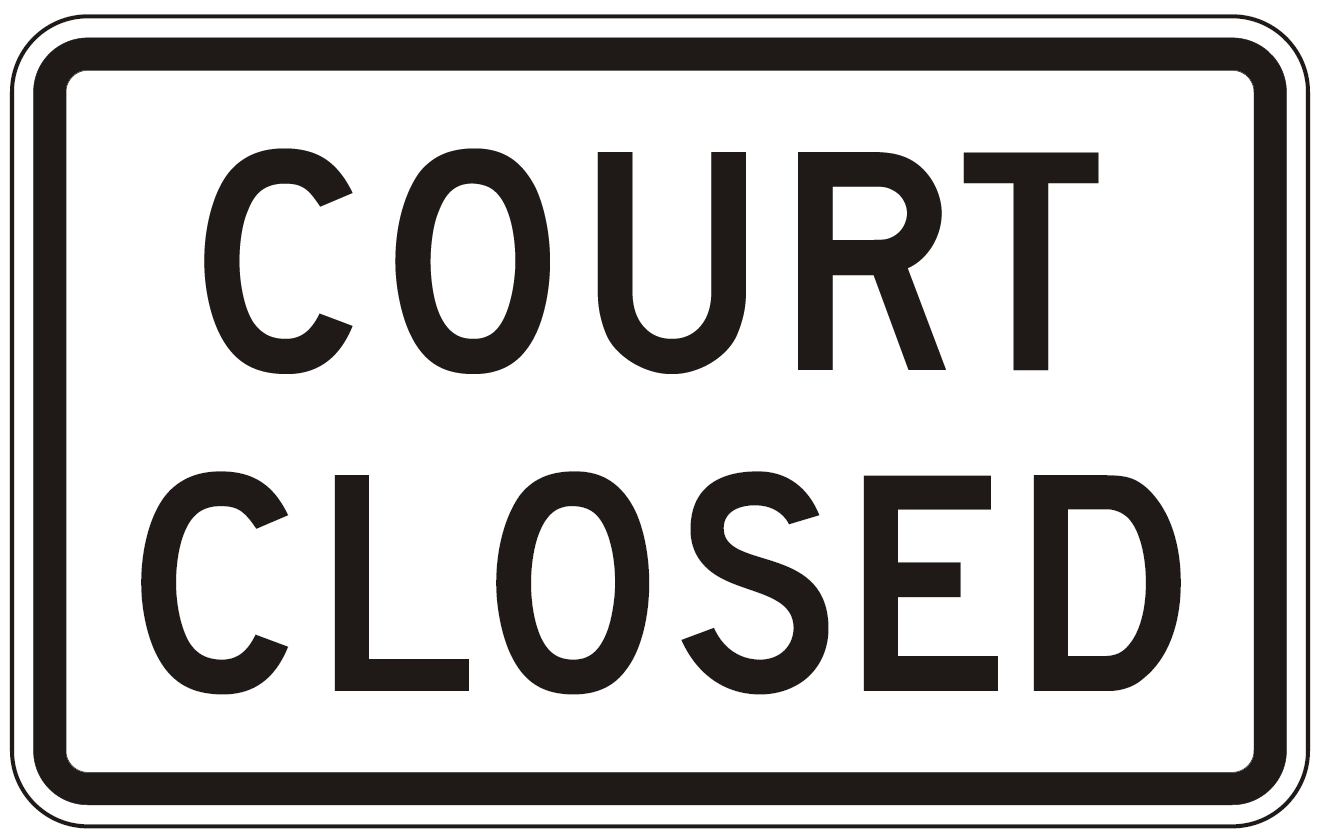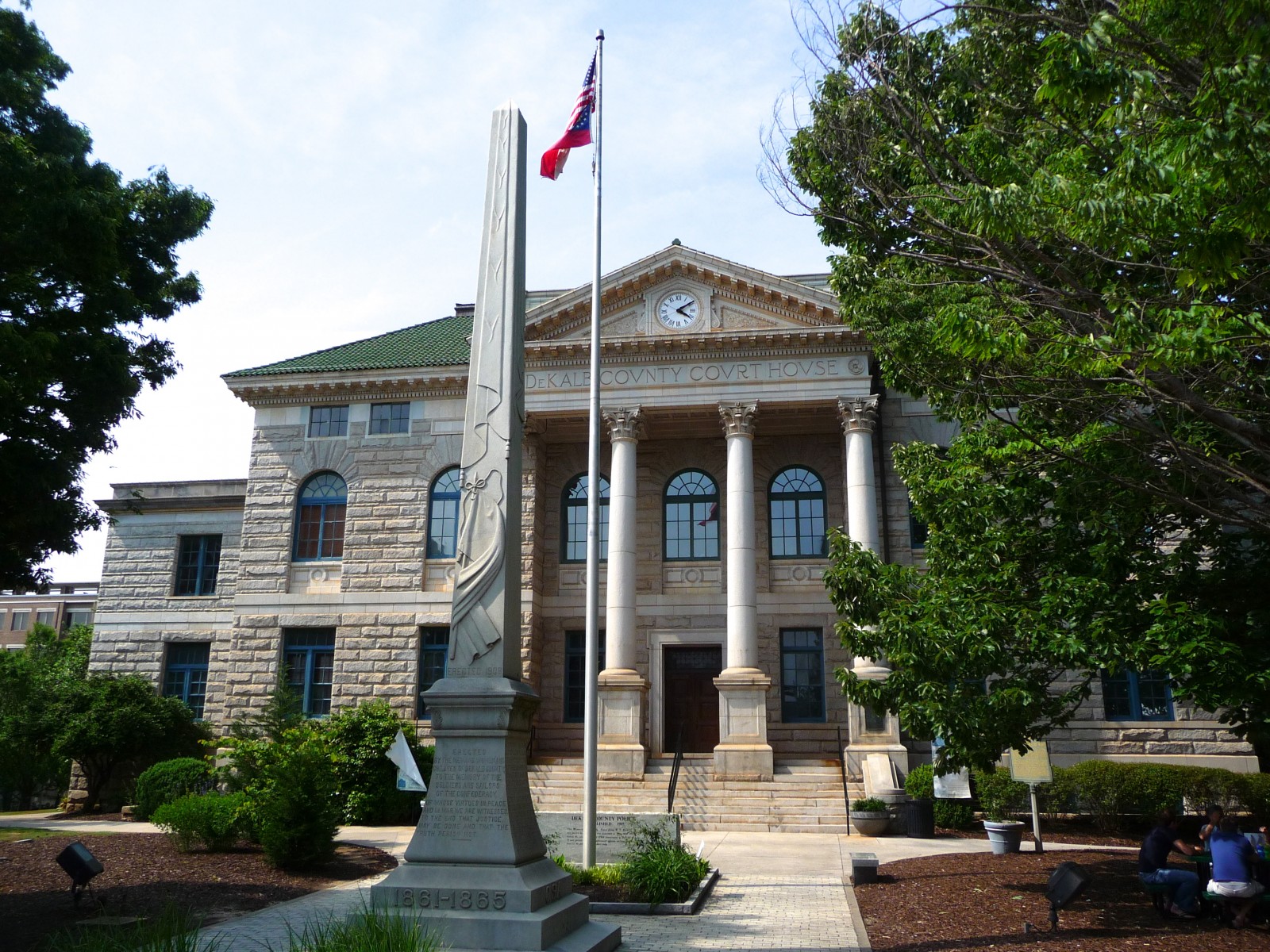
Courtrooms aren’t just a place where justice is served and legal decisions are made. They are also a place for the public to go and see how the justice system works: people enjoy viewing trials and hearings, even if they have no personal stake in them. Viewing public trials is the public's legal right.
However, revelations by a judicial oversight commission in Georgia show that numerous judges in the state, including some in Atlanta, are violating the law by denying public access to courtrooms in cases ranging from bail hearings to standard trials.
There are some cases in which closing courtrooms to the public is legal, and the circumstances for this are carefully outlined in official Georgia State documents that make the points for legality clear. But according to a recent report in The Atlanta Journal-Constitution, investigations by the state's judicial oversight commission found the practice of sealing off courtroom access widespread across Georgia — and in most cases, illegally.
Instead of typical open courts, there are now signs posted on courtroom doors stating access is denied to either the general public or specific groups of people, including kids. Bailiffs sometimes stand in place of the signs, blocking entry to the court despite people's legal right to go in, said Robert Ingram, an attorney from Marietta, Ga., and chairman of the state's Judicial Qualifications Commission.
“We’ve had our own investigators and commissioners go out and visit a courtroom and they have been greeted by a bailiff or a deputy sheriff and been told to state their business or otherwise they don’t need to be there,” Ingram said.
But why the closed rooms and bans on view judicial proceedings in the first place? Under Georgia's law, closing off or banning someone from the courtroom can be done at a judge’s discretion. For instance, an unruly or disruptive person, whether child or adult, can be removed. Or there may be a case not considered proper for people under the age of 18 to attend.
More often, however, judges these days claim they are keeping out the public because of lack of space in the courtroom. One instance that put this closed court behavior in the spotlight was the jury selection for Andrea Sneiderman, in which DeKalb Superior Court Judge Gregory Adams lifted the public ban stating that people who wished to be present for the selection had the right to do so.Seemingly arbitrary court closures by judges in the Peach State are nothing new. Back in 2011, Barbra Mobley, a DeKalb County State Court Judge, resigned after investigations were launched by the Judicial Qualifications Commission alleging that her court featured bailiffs questioning people illegally about why they wanted to observe the cases on the docket.
The phenomenon is occurring statewide. In both Crisp and Ben Hill counties, the Southern Center for Human Rights (SCHR) filed suit against the practice of closing courts to the public. In those counties, it's been common that courts remain closed off even to the family members of both victims and the accused, other than their attendance at guilt pleas during the trials' conclusions.
Further investigations have showed that closed courts are more common than first thought. According Gerry Weber of SCHR, this is causing a major problem with transparency. “A closed courtroom is one that is less accountable to the public. What is done behind closed doors can be different to what is done in the cold light of day,” he said.
Many judges are following the closed court lead, including Judge T. Jackson Bedford of the Fulton County Superior Court, Judge Clarence Seeliger of the DeKalb County Superior Court, and Judge Patsy Porter of Fulton State Court. Attempts by The Atlanta Journal-Constitution to contact these servants of the people were unsuccessful, as were the attempts made by Occupy.com.
There are some positive signs as well, however. Judge Christopher Brasher of Fulton Superior Court says he was unaware that the practice of closing courts was occurring in his courtroom, and quickly put a stop to it. Brasher attributed the action to “overzealous deputies, who provide security and order." He has since ordered that no one be keep out of the court, and that no signs excluding any specific group be put up without his written consent.
Judges Todd Markle and Robert McBurney, both of Fulton Superior Court, say they were not aware the public was being deterred with signs from entering their courts, and that this step was taken without their permission. However, there is debate about the judges’ knowledge of the situation. Each county sheriff’s department is responsible for court security, and Fulton County Sheriff’s Department spokesperson Tracy Flanagan says they do not make or affix signs nor are signs permitted without the consent of the presiding judge.
The Judicial Qualifications Commission issued an opinion on the matter, from the commission's director Jeff Davis who said massive amounts of complaints have come from the public about access to courtrooms. “Our efforts to educate judges about these issues have resulted in the type of response we would have anticipated," said Davis.
"Judges are complying with the opinion and modifying practices accordingly. Since the issuance of our Opinion, we have been encouraged by the response of judges and the willingness to bring their courts into full compliance with the law.”
3 WAYS TO SHOW YOUR SUPPORT
- Log in to post comments













